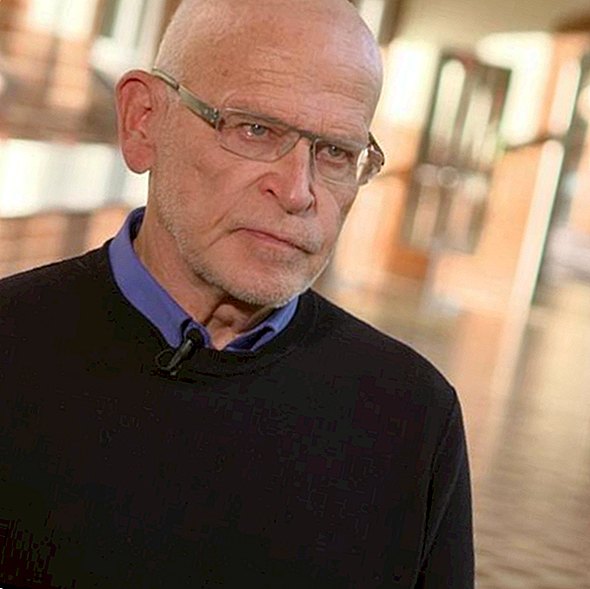"Team Wallraff" reveals: Shattering conditions in psychiatric hospitals

The "Team Wallraff" around the Cologne-based revelation journalist Günter Wallraff (76) was on the road again. For the most recent revelation report of the undercover reporters, the team tracked down onlookers and former patients to unsustainable conditions in mental health institutions. And indeed: In their more than one-year undercover research, reporters are experiencing several houses "sometimes hair-raising grievances in the care and treatment of residents", so the RTL press release.
It reads further: "They meet desperate and traumatized people and can observe that the staff often reaches its limits, They document cases of overcrowding, You will witness that sufferers also for disciplinary reasons need to sleep in the hallway and experience, how secretive drugs are administered to individual patients against their will, Also the legally dubious method of Fixation of patients get them more than once. "
Some patients should have been fixed for weeks. During a senior consultant visit, the reporter camouflaged as an intern experiences how patients with their questions are soon to be fed off: "The conversation with a newly arrived depressed patient, for example, takes exactly 16 secondswhile all the other patients and employees are standing around. "
In a clinic, caregivers suspect that old people may be being held there, possibly with a false diagnosis, because there is a lack of geriatric care facilities and because this is also lucrative. And in a youth welfare facility, the reporters come across a so-called de-escalation room in which residents are apparently locked away and not cared for as prescribed.
Did "Team Wallraff" stumble into a wasp nest?
The missions lead the reporters among others to Frankfurt (psychiatry in the hospital Frankfurt Höchst), Stuttgart (Furtbach Hospital), Berlin (Vivantes Klinikum Spandau) and in the Eifel (Case Project, youth welfare center in Wanderath).
In familiar "Team Wallraff manner" the corresponding pictures were shot again with a hidden camera, the montage calls again this time many doubters on the plan. RTL had to admit already a faulty image months, reports the "mirror".
It seems, according to RTL, as if "Team Wallraff" stung in this delicate topic in a wasp nest. Never before had the editorship been "overrun with so many warnings and other legal threats in the run-up to a program to prevent the coverage of the reportage."
Undeterred by this, Günter Wallraff and his team document an oppressive report that raises "fundamental questions about how to deal with patients in psychiatric institutions."
Reporter: "That's not how I imagined psychiatry"
In a video on the Facebook page of the show, a reporter draws a sobering balance: "There are certainly many very good psychiatry in Germany, some of which we also met during our research. But in others, the buildings are very old, there are too many patients in a small room ... there is little employment, few therapy offers, but very many drugs that are administered, sometimes with strong side effects, and I have too People observed that were overdosed, some of which were very strongly sedated. And sometimes there is an atmosphere where it's just very loud, when people have nothing to do, an atmosphere of violence and aggression, and I've often wondered, how do you get well in such an atmosphere? ... That's not how I imagined psychiatry. I thought that's also a place to be caught. That was just not the case."
The explosive nature of the issue is clear from the following figures from RTL: "For years, mental illnesses have become the second most common cause of sick leave: in Germany, 17.8 million adults are affected, more than one in four, leaving more than 800,000 people behind every year in a psychiatric hospital. "
The question of what it takes for the conditions in psychiatric institutions to improve beats in conversation with Günter Wallraff. Frank Ulrich Montgomery, president of the German Medical Association: "We have to improve the modernity of the clinics, there are still many old buildings, we have a backlog of investments of 30 billion euros understand their subject sufficiently.We have a real shortage of doctors and we import doctors from other countries, even outside the European Union, so sometimes you have to wonder if it would not be better to have more German doctors available for such difficult areas. And thirdly: you have to make the financing conditions sufficient and at the moment this country has enough money. "
You can watch the report "Behind closed doors undercover in Psychiatry and youth welfare" on RTL Now.
Videotipp: Depression & Co .: How sports affects your mental health











